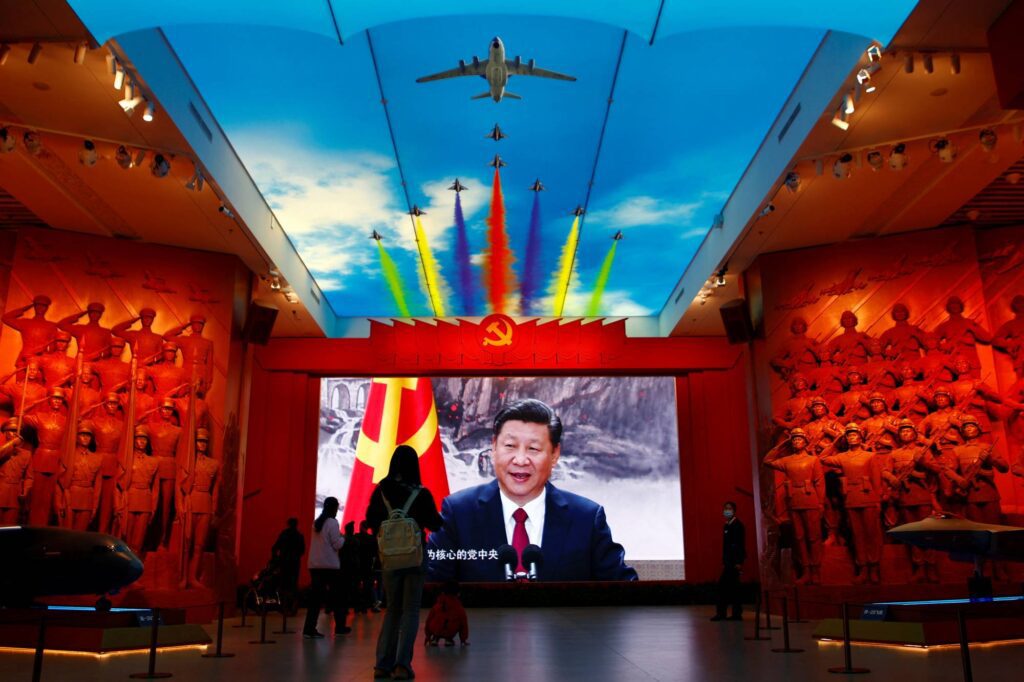The Age of Smart Weapons has revolutionized military strategy with the development of advanced guided munitions and revolutionary technologies. Smart weapons, such as precision-guided missiles and bombs, utilize GPS and laser targeting for unprecedented accuracy, minimizing collateral damage and civilian casualties. The integration of advanced sensors, artificial intelligence, and autonomous systems allows smart weapons to adapt to changing battlefield conditions and communicate with other military assets in real-time. This transformation has shifted military strategy towards a more surgical approach to warfare and raised ethical and legal implications regarding their use. As technology continues to advance, the future of smart weapons presents new challenges for international security and conflict resolution.
The Age of Smart Weapons
Introduction
Advancements in technology have had a profound impact on military strategy in recent years. The development of smart weapons, which are guided by advanced systems and technologies, has revolutionized the way wars are fought and won. This article explores the impact of smart weapons on military strategy and examines the revolutionary technologies shaping the modern battlefield.
Smart Weapons and Precision Warfare
Smart weapons include a wide range of guided munitions such as precision-guided missiles, bombs, and artillery shells. These weapons utilize advanced guidance systems, such as Global Positioning System (GPS) and laser targeting, to accurately strike their targets with unprecedented precision. This precision allows militaries to minimize collateral damage and civilian casualties, making smart weapons an essential tool in modern warfare.
Revolutionary Technologies
Several technologies have contributed to the development of smart weapons, including advanced sensors, artificial intelligence, and autonomous systems. These technologies enable smart weapons to adapt to changing battlefield conditions and make split-second decisions to maximize their effectiveness. In addition, the integration of network-centric warfare allows smart weapons to communicate and coordinate with other military assets in real-time, enhancing their capabilities on the battlefield.
Impact on Military Strategy
The advent of smart weapons has fundamentally transformed military strategy, allowing for more precise and targeted military operations. This has led to a shift away from traditional tactics of overwhelming force and towards a more strategic, surgical approach to warfare. Smart weapons have also enabled militaries to conduct precision strikes and covert operations with reduced risk to personnel, making it easier to project power and influence in conflict zones around the world.
Ethical and Legal Implications
While smart weapons provide significant advantages in terms of precision and effectiveness, they also raise important ethical and legal considerations. The use of smart weapons in conflict zones must adhere to international laws and regulations governing the conduct of warfare. Additionally, there is concern about the potential for autonomous smart weapons to make decisions without human intervention, raising questions about accountability and the potential for unintended consequences on the battlefield.
The Future of Smart Weapons
As technology continues to advance, the capabilities of smart weapons will only become more sophisticated. Future developments may include the integration of artificial intelligence to enhance decision-making capabilities, as well as the development of new types of smart weapons to address emerging threats. Additionally, the proliferation of smart weapons to non-state actors and terrorist groups presents new challenges for international security and conflict resolution.
Conclusion
The age of smart weapons has transformed military strategy, providing militaries with unprecedented precision and effectiveness on the battlefield. The development of revolutionary technologies has paved the way for a new era of warfare, where smart weapons play a central role in shaping the course of conflicts around the world. As technology continues to evolve, it is essential for policymakers, military leaders, and society as a whole to grapple with the ethical and legal implications of this new era of warfare.
